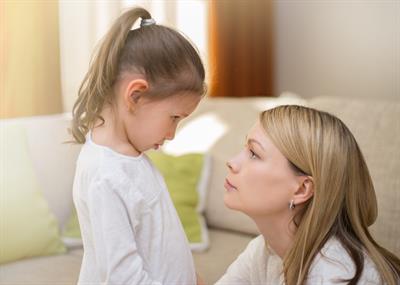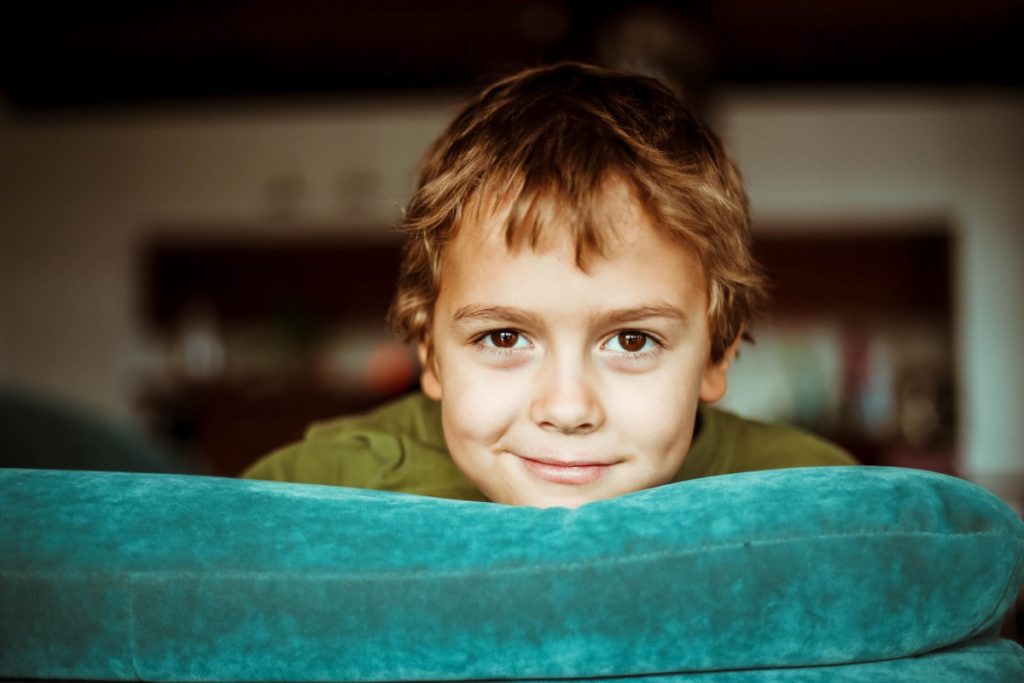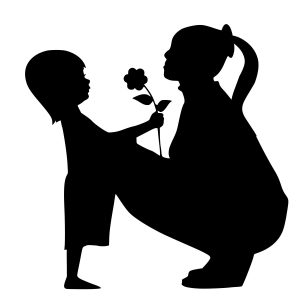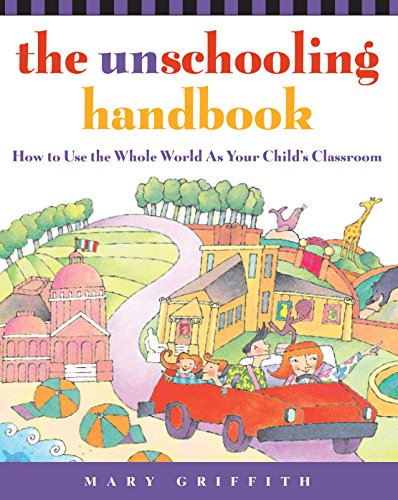This article is Part 6 in a series called Does Unschooling Have Natural Limits? Please also find Part 1, Part 2, Part 3 Part 4, and Part 5…

Is mutual respect truly possible between children and parents?
I know what you’re thinking at this point. “But they’re kids. Is mutual respect really something they’re capable of?”
Well, not at first–but that’s the whole point. The purpose of parenting is to raise adults.
I used to think that “good unschooling” was about giving my kids everything I could.
Time, money, possessions, experiences…and yes, patience.
Endless patience…
Ironically, I think I got this (misguided) idea from my own sweet mama, who was by no means an unschooler.
However, she was a forerunner of the kind of parenting which seeks to minimize violence and questions blind obedience as a goal.
When I was a toddler, my mother was in her mid-forties, reading books on child psychology, and trying not to repeat the cycles of abuse that she had recognized in her own life.
This was well before the internet–and in the American South, where spanking was (and still is) especially prevalent.
Now, I have come to realize that parenting, like lots of other things in life, lies along the path of a spectrum–or a pendulum swing, if you will. (Stay with me here, this is important…)
My mother was raised in a time where the nuns at Catholic school would whack you across the knuckles with a ruler if your handwriting was sloppy. Back then, it was also common for children to be sent outside to find a switch for their father to beat them with.
It’s been about 70 years since my late mama was a kid in Catholic school, but the greater tides and trends of society have turned, albeit slowly, since then.
More people are gaining an understanding of what differentiates abusive behavior from punishment (thankfully).
There’s a definite rise in parents seeking to have better relationships with their children, which is wonderful.
However, there’s been moments in my quest for becoming a gentle, calm, zen-master mom, where I realized I was actually accepting treatment from my own children that I would not hesitate to shut down if it were coming from anybody else!
In my zeal, I was letting the pendulum swing too far the other way.

I eventually realized that by not telling my kids how I expected and preferred to be treated as a person–by not modeling basic respect for myself–that I was doing them a disservice.
By letting my toddler repeatedly smack me in the face without objection, for example–without affirming my boundaries and lovingly redirecting that behavior—I was setting him up for surprise and bewilderment if he were to do the same to another toddler in the park, who may strike back with a vengeance!
The parent-child relationship is the foundation for all other relationships in an individual’s life.
For better or worse, the skills that our children initially learn in the parent-child relationship will carry over into nearly all other social interactions they grow to have.
Are your kids always mean to each other? If so, it might be wise to take a good long look at how you really treat them–and also, consider how you allow them (and others) to treat you.
Now, kids are still learning and it’s absurd to expect consistently kind and thoughtful treatment from them.
Being selfish is actually a crucially important step in childhood development! The idea is simply not to get stuck there as we move into adulthood.
 There are a vast array of possibilities between demanding fear-based respect from children, and being a doormat for them.
There are a vast array of possibilities between demanding fear-based respect from children, and being a doormat for them.
I am merely suggesting to find a balance.
If you see your child having a hard time, you can empathize with them, help them put words to emotions that might be overwhelmingly strong, etc.
However, if your child is being physically hurtful toward you or their siblings, it can be useful to communicate to him that while you’re eager to help him in this moment–that you will protect other people from his or her strong reactions.
Here’s a great script from Aha Parenting that shows how to have a conversation about hitting with a toddler. When my toddlers would try to hit others, I would lovingly and firmly hold their hands still. I’d look them in the eyes and say, “Hands are not for hitting. I will not allow you to hurt my body/your sister’s body. Are you ready to show me how to use your hands gently?” Then I’d offer hugs and cuddles.
Next, I’d look for ways to redirect their attention that did not also reward their behavior (for example, don’t offer the iPad or a sweet snack every time your child displays anger!).
Sure, he’s having a hard time, but it’s possible to have compassion for his feelings while also setting safe and loving boundaries for everyone involved.
Convenient? Nope. A quick fix? Hardly.
Your toddler won’t “get” what you’re doing for many years yet, but they will remember. They will gradually come to understand.
The dividends that you’ll collect for parenting this way are massive. I have wonderful, close relationships with my children now that they are older. Putting in the extra effort when they’re young means you’re honoring the adults they will become–and they’ll be eager to grow into that space you’re holding for them.
Letting your child harm you or others, either verbally or physically, does NOT help him to cope better with similar situations in the future.
It won’t do anything positive for your parent-child relationship, either.
 Get this AMAZING unschooling handbook on Amazon!
Get this AMAZING unschooling handbook on Amazon!
In your quest to be a kinder parent, please don’t go the other way and become a martyr, punching bag (literal or metaphorical), or doormat for your child.
Not only does that sort of dynamic erode mutual respect between parent and child–but consider, too, that you’re effectively modeling a lack of self-respect to your child by not expecting him or her to treat you better.
Viewing a parent as “less than” does negatively impact a child’s own self-esteem–because how is he or she supposed to grow up feeling worthy of respect, when their mom or dad isn’t?
This article is part 6 of a series…subscribe to read the final installment!




